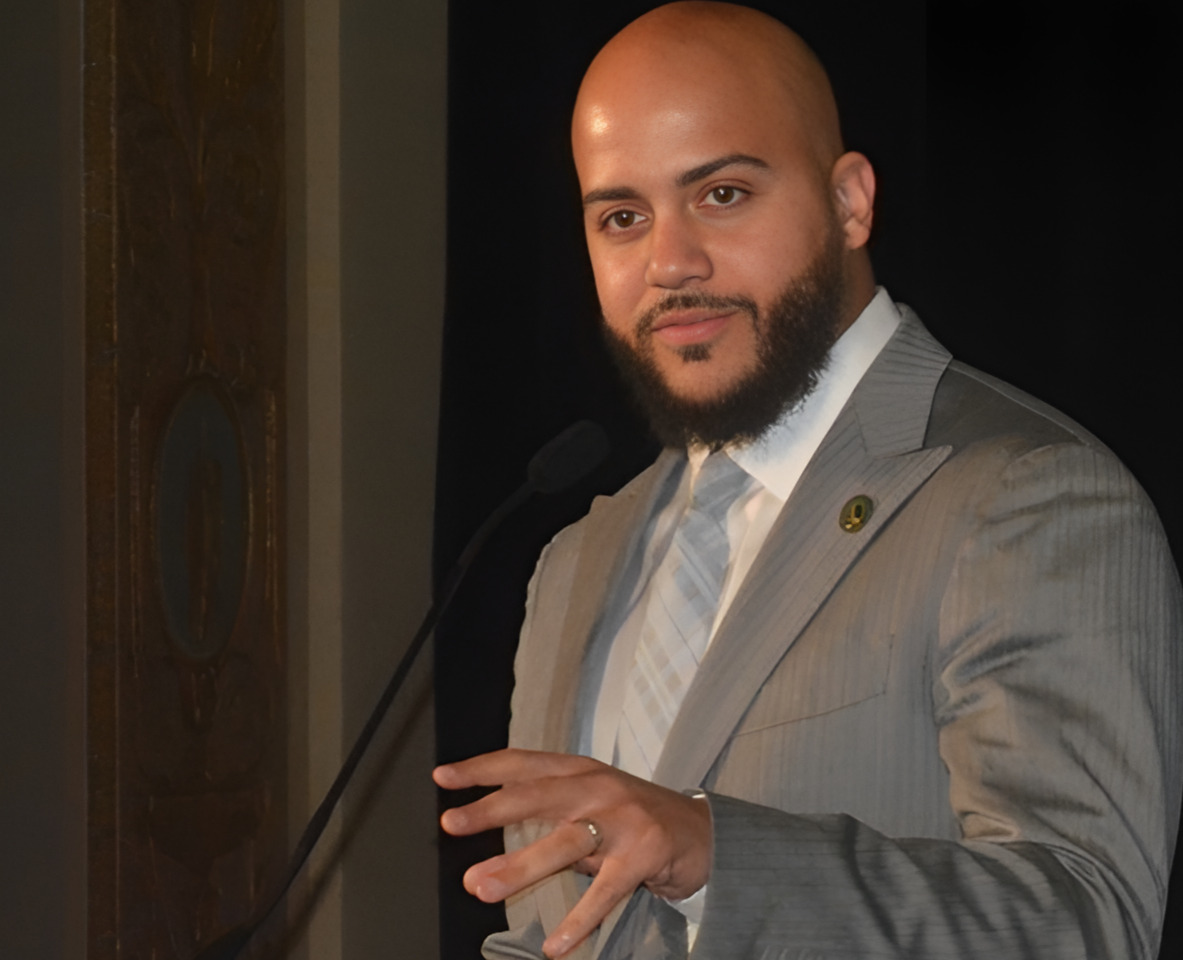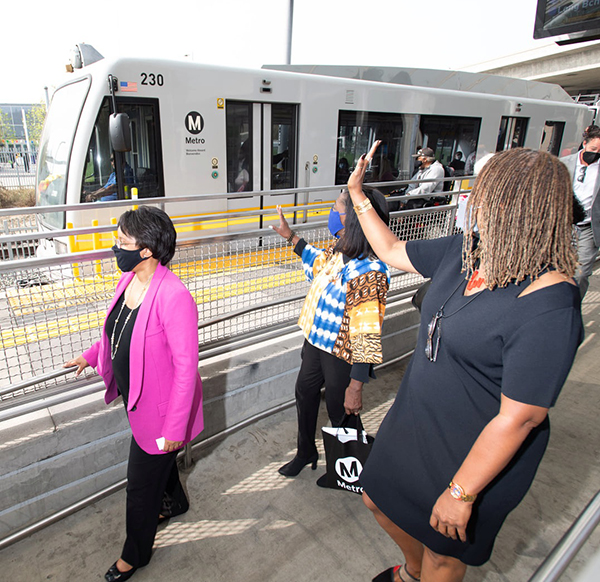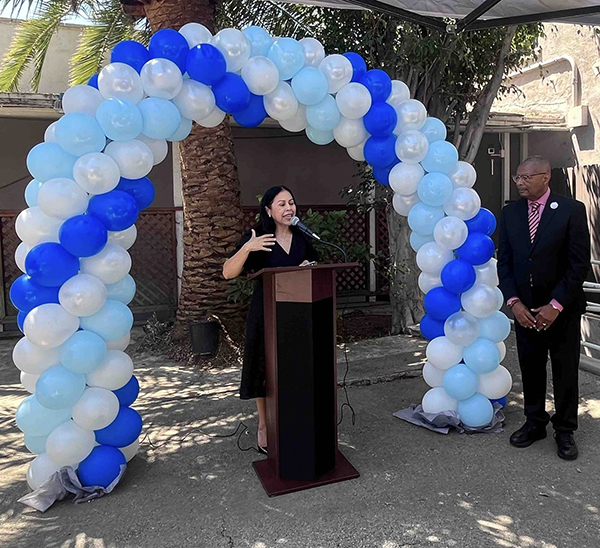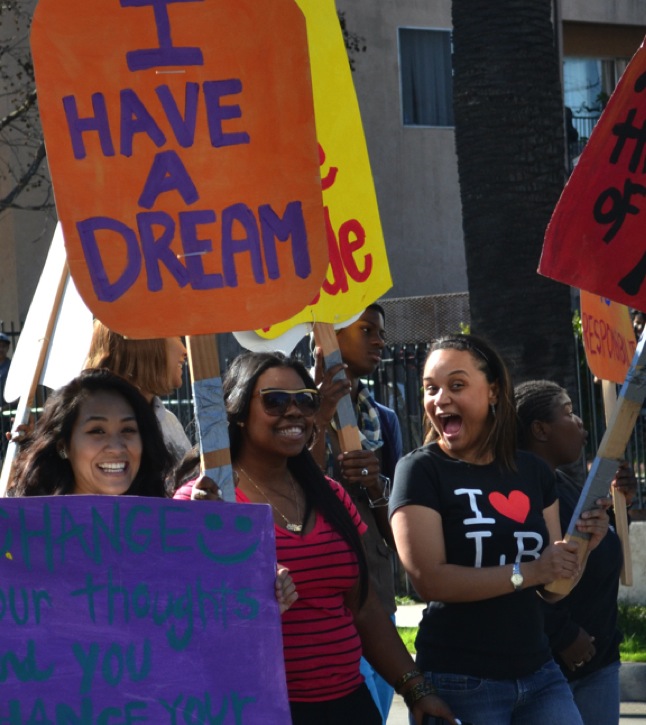California’s new crime law fuels arrest surge that hits Black communities hardest

SACRAMENTO — Six months after Proposition 36 took effect, early data shows a rise in arrests with the law disproportionately affecting Black communities in some parts of the state.
Also known as the “Homelessness, Drug Addiction, and Theft Reduction Act,” the measure was overwhelmingly passed by voters in the November 2024 general election. Proposition 36 increased penalties for certain drug and theft crimes, reclassifying some as felonies, and lengthened sentences for specific offenses, particularly those involving multiple individuals or the sale of certain drugs.
Assemblyman Isaac Bryan, D-Culver City, the vice chair of the California Legislative Black Caucus, raised concerns about the effects of Proposition 36.
“Instead of a war on poverty, California’s legal system has initiated a war on poor people,” Bryan told California Black Media. “We deserve better. We have to fight for the economic opportunities our community deserves.”
According to a report by Voice of San Diego, via San Diego Census and San Diego Police Department, data shows that 32% of 374 people arrested for Proposition 36-related drug or theft charges in the city from the middle of December through May were Black. Out of 1.9 million residents, Black people make up 5.6% of the city’s population.
Ricardo D. García, the chief public defender for Los Angeles County, shared with California Black Media that Proposition 36 cases have risen since the law went into effect last Dec. 18.
“Poverty, homelessness, drug addiction and mental illness are driving factors,” he said.
“Prop. 36 disproportionately hurts Black, brown and immigrant communities,” García said. “We are already under-resourced. Prop. 36 and its treatment mandates are meaningless if there’s no bed, no place for someone to go to.”
Before Prop. 36 became law, Los Angeles County jails had a population of just over 11,000 inmates, but it quickly rose above 12,000, and reached over 13,000 in May, before falling to the “12,900 range” before the Fourth of July holiday.
“We saw 12 arrests before Prop. 36 on these types of offenses and since May, we are looking at 594 arrests,” García said.
According to the L.A. County’s Public Defender’s Office’s website, 700 attorneys are employed within 32 office locations. Garcia said each public defender has a caseload, and Proposition 36 is increasingly becoming a burden for the largest county in the state.
“As the public defender of Los Angeles County, the largest and the first public defender office in the country, I’m committed to standing with every group that understands Prop. 36 is doing more harm than good,” Garcia said.
Proposition 36 emerged as a policy response to rising concerns across the state about crimes like shoplifting, smash-and-grabs and other forms of property theft. The bill’s language and provisions, in many ways, responded to Proposition 47, a ballot measure approved by voters in 2014 that significantly lowered penalties for a range of non-serious, nonviolent drug and property crimes.
Proposition 47 reclassified certain felonies as misdemeanors, downgrading punishments for specific nonviolent crimes like drug possession for personal use; petty theft, shoplifting and receipt of stolen property under $950; and forgery and check fraud under $950.
According to a report by Public Policy Institute of California, early data from Proposition 36’s implementation shows that prosecutors have filed thousands of new felony drug and theft charges.
For the 2025-26 fiscal year, Gov. Gavin Newsom has allocated about $110 million in funding for Proposition 36 implementation. About $65 million of that has been specifically earmarked for counties. Another $50 million will go to behavioral health departments and $15 million will support courts and public defenders across the state.
Newsom, who did not support Proposition 36 before it was added as a ballot measure, explained to California Black Media during a Zoom call on June 26 how his administration computed the Proposition 36 funding.
“We are estimating that it would increase at a cost of over $130,000 per year (for each prison inmate),” Newsom said. “That would put pressure on some of the other criminal justice reforms that have been proven very successful, and (Proposition 36) would slow down the reduction of the total number of prison closures at a cost to the taxpayers,” Newsom said.
Legislative Republicans, however, were advocating for $400 million to support Proposition 36 implementation. The lawmakers also pushed ongoing funding.
“This initiative was passed by the people, and I think they wanted ongoing funding,” state Sen. Tony Strickland, R-Huntington Beach, told California Black Media. “I can’t recall the last initiative that passed all 58 counties. Even those liberal counties like Marin and San Francisco voted for this.”
Strickland said $110 million doesn’t scratch the surface.
“I don’t think $400 million scratches the surface either, but it will at least get it going,” Strickland said. “What the governor did fund is a (high-speed rail) train to nowhere, and everyone knows it’s never going to be built.
Yoel Haile, the director of the criminal justice program at the ACLU of Northern California, wrote a commentary about the number of Proposition 36 cases that are popping up in the Bay Area.
About 90% of the people from north Alameda County — Berkeley, Emeryville and Oakland — charged under Proposition 36 are Black, while Black people make up just 10% of Alameda County’s total population, according to Haile’s commentary co-written with Alameda County Public Defender Brendon Woods.
Many of the cases, Haile said, involve individuals committing petty theft to attain necessities such as food, toothpaste, diapers and soap. Two or more prior convictions for theft-related offenses could lead to a felony charge that results in a sentence of up to three years in county jail or state prison.
“Arresting someone for that and giving them a record is not going to solve their problem,” Haile said. “We have to push D.A.s not to criminalize and charge everything that comes across their desk.”
Antonio Ray Harvey is a reporter for California Black Media.





